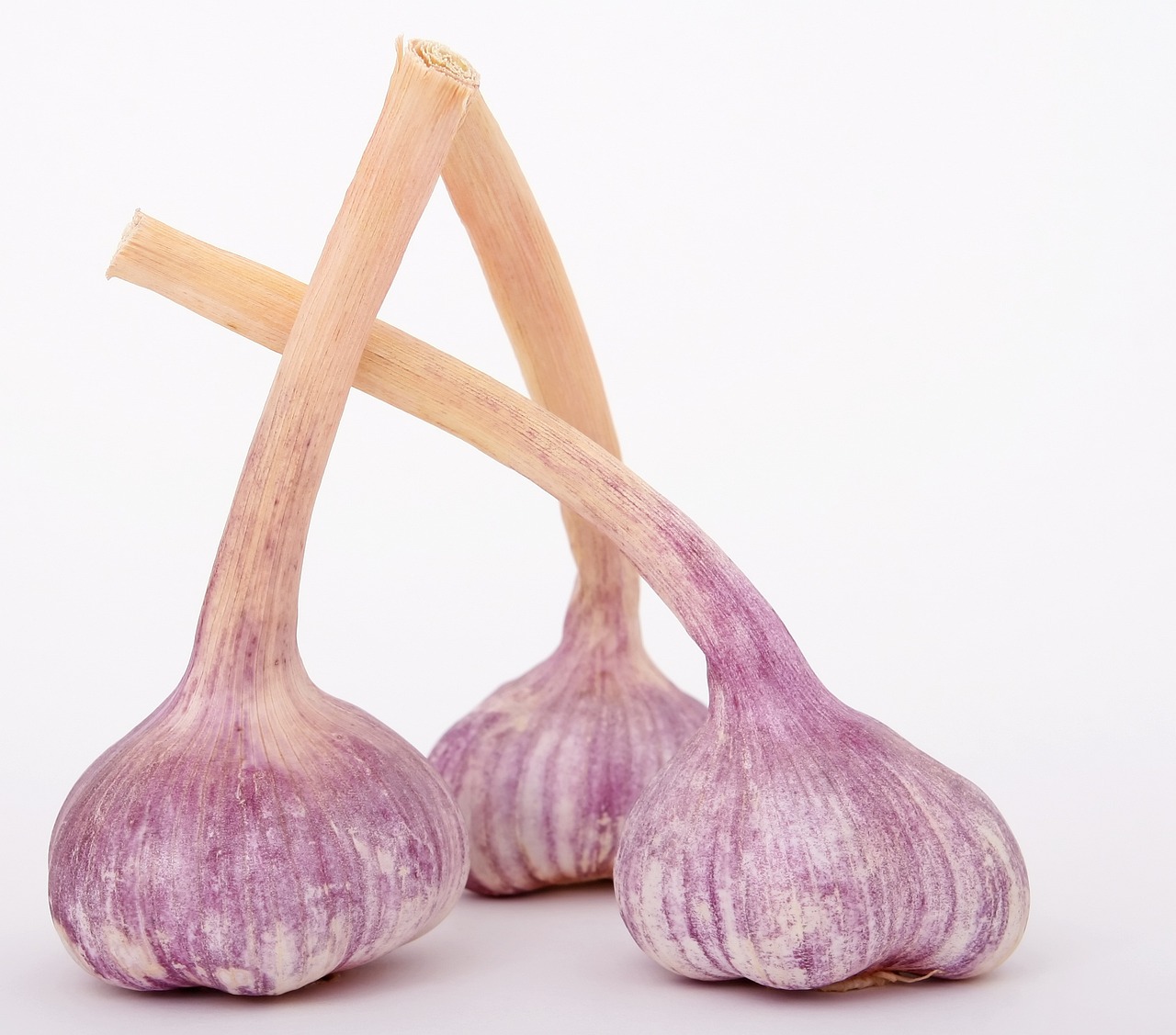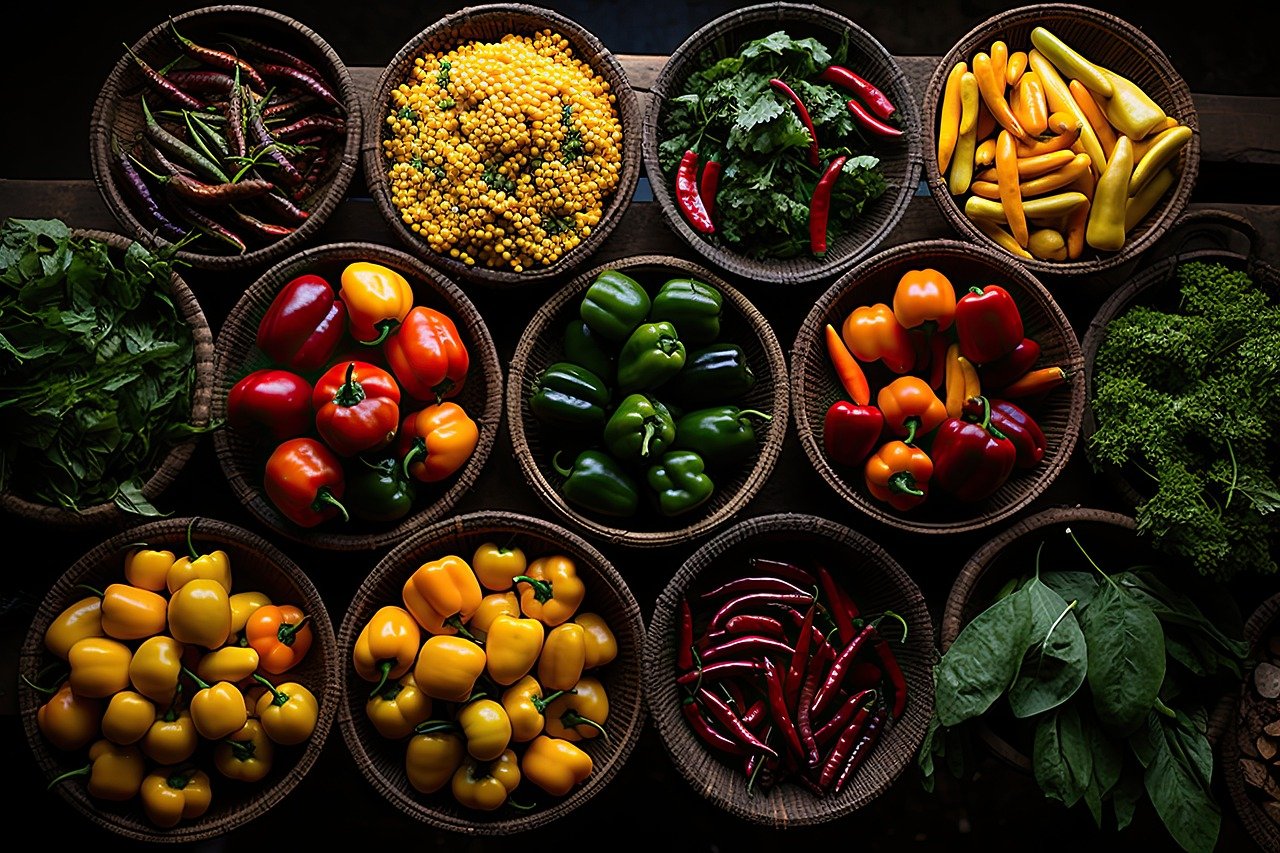Welcome to the ultimate guide on how to shop for organic whole foods on a budget! In this article, you will discover practical tips and tricks to help you navigate grocery shopping for high-quality, organic whole foods without breaking the bank. From shopping at local farmers markets to buying in bulk and utilizing coupons, we’ve got you covered. Say goodbye to the misconception that eating organic has to be expensive – with a few mindful strategies, you can nourish your body with the best ingredients while staying within your budget. Let’s get started on your journey to shopping smart and eating well.
How to Shop for Organic Whole Foods on a Budget
Are you looking to incorporate more organic whole foods into your diet but worried about the cost? In this article, we will explore tips and strategies to help you shop for organic whole foods without breaking the bank.

Understanding the Benefits of Organic Whole Foods
Before diving into how to shop for organic whole foods on a budget, it’s essential to understand why they are worth the investment. Organic whole foods are packed with nutrients, free from harmful chemicals, and often taste better than conventional options. They can help support your overall health, boost your immune system, and even improve your mood.
Prioritize Your Purchases
When shopping for organic whole foods on a budget, it’s crucial to prioritize your purchases. Focus on items that are more prone to pesticide contamination when grown conventionally, also known as the “Dirty Dozen.” These include fruits and vegetables such as strawberries, spinach, and apples. By prioritizing these items, you can make a significant impact on your health without overspending.
Make a Shopping List
One of the most effective ways to stick to your budget when shopping for organic whole foods is to make a list before heading to the store. By planning your meals for the week and jotting down the items you need, you can avoid impulse purchases and ensure you only buy what you need. This can help prevent food waste and save you money in the long run.
Compare Prices and Shop Sales
Just like with conventional groceries, it’s essential to compare prices when shopping for organic whole foods. Different stores may offer varying prices for the same items, so do some research and shop around to find the best deals. Additionally, keep an eye out for sales and promotions on organic products. Buying in bulk when items are on sale can help you stock up on essentials at a lower cost.

Buy in Bulk
Buying in bulk is a great way to save money when shopping for organic whole foods. Many stores offer discounts on large quantities of items like grains, beans, nuts, and seeds. By purchasing these staples in bulk, you can reduce your overall grocery bill and always have healthy options on hand. Just be sure to store them properly to maintain freshness.
Choose Local and In-Season Produce
Opting for local and in-season produce is not only better for the environment but can also save you money. When fruits and vegetables are in season, they are more abundant and, therefore, cheaper. Visit your local farmers’ market or join a CSA (Community Supported Agriculture) to access fresh, organic produce at a lower cost. Supporting local farmers can also help you build a sense of community and connection with where your food comes from.

Grow Your Own Food
If you have the time and space, consider growing your own organic produce. Starting a small vegetable garden or growing herbs in pots can be a rewarding way to access fresh, organic foods at a minimal cost. Plus, you’ll have the added benefit of knowing exactly where your food comes from and how it was grown. Even if you live in an apartment, there are options for growing food indoors or on a balcony.
Shop at Discount Stores and Online Retailers
Don’t overlook discount stores and online retailers when shopping for organic whole foods on a budget. Stores like Aldi, Trader Joe’s, and Costco often carry organic options at lower prices than traditional grocery stores. Additionally, websites like Thrive Market and Amazon offer a wide selection of organic products at competitive prices. Explore your options and don’t be afraid to try new stores or online platforms to find the best deals.
Consider Plant-Based Proteins
Protein sources can be pricey, especially when buying organic. Consider incorporating more plant-based proteins like beans, lentils, quinoa, and tofu into your diet. These options are not only more budget-friendly but also provide essential nutrients and can be versatile in a variety of dishes. Experiment with new recipes and swap out meat for plant-based proteins to save money while still meeting your dietary needs.
Opt for Frozen Fruits and Vegetables
While fresh produce is ideal, it can be more expensive, especially when buying organic. Consider opting for frozen fruits and vegetables as a budget-friendly alternative. Frozen options are often more affordable, have a longer shelf life, and can be just as nutritious as fresh produce. Use frozen items in smoothies, soups, stir-fries, and other dishes to add a dose of vitamins and minerals to your meals.
Make Use of Leftovers and Food Scraps
Reducing food waste is not only good for the environment but can also help you save money when shopping for organic whole foods. Get creative with leftovers and food scraps by turning them into new meals or incorporating them into recipes. Vegetable peels, herb stems, and leftover grains can all be repurposed to create delicious and nutritious dishes. By utilizing every part of your food, you can maximize your grocery budget and minimize waste.
Join a Food Co-op or Community Garden
Consider joining a food co-op or participating in a community garden to access organic whole foods at a lower cost. Food co-ops are member-owned organizations that purchase food in bulk and pass on the savings to members. Community gardens allow you to grow your own produce alongside others in your community and often offer a shared harvest of fresh, organic fruits and vegetables. Joining a co-op or community garden can help you access affordable organic foods while connecting with like-minded individuals.
Don’t Sacrifice Quality for Price
While shopping for organic whole foods on a budget, it’s essential not to sacrifice quality for price. Prioritize items that are most important to you and your health, even if they are a bit more expensive. Investing in high-quality organic foods can have long-term health benefits and may even save you money on healthcare costs down the line. Balance your budget with your values and choose items that align with your nutritional needs and goals.
Conclusion
Shopping for organic whole foods on a budget doesn’t have to be intimidating. By prioritizing your purchases, making a shopping list, comparing prices, buying in bulk, and exploring different retailers, you can access affordable organic foods that support your health and well-being. Incorporate these tips into your grocery routine, and enjoy the benefits of eating wholesome, nutrient-rich foods without overspending. Happy shopping and happy eating!
Related Content
- The Ultimate Guide to Whole Food Daily Nutrition Strategies for 2025
- The Ultimate Guide to 10 Effective Organic Plant Based Foods for 2025
- Best Organic Superfood Supplements Local in Leon Valley, Texas 78238
- The Ultimate Guide to 10 Effective Certified Organic Minerals for 2025
- Best Organic Energy Supplement in Kapps Mill North Carolina








